Korean Authorities close at Turn of the Year 2023/2024
During the transition from 2023 to 2024, various Korean offices and certification bodies will take a break. The closing date is January 1, 2024.
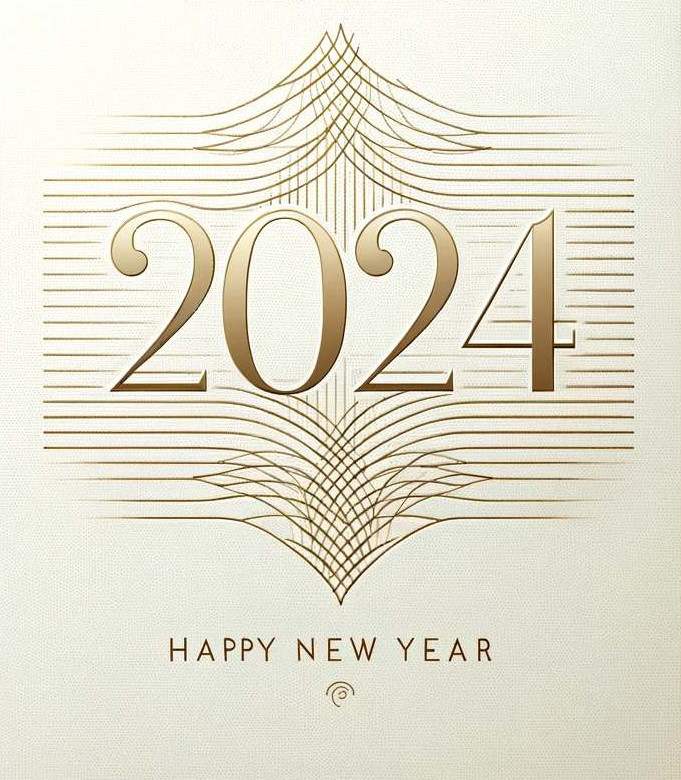
The offices will resume their activities on January 2, 2024. The temporary closure could lead to delays in certification. In contrast to the Korean New Year, which takes place on February 10, 2024 according to the Chinese lunar calendar, New Year’s Eve is celebrated in a more reserved manner in Korea. We will inform you promptly about the specific closing times of the authorities.
MPR International GmbH will continue to support you in your certification processes. If you would like to have products checked for KC-, KC EMC-, KCs-, KEMCO or other certifications, you can call or email us any time.
Please do not hesitate to contact us for further details and consultation. You can contact us via e-mail, or call us (UK: +44 2071931135, Rest of Europe: +49 69 2713769259, US: +1 773 654-2673).
If you have any questions you can also use our chat-window in the bottom right. (Please check your browser settings if you can’t see the window)
MPR International GmbH wishes you a succesfull New Year 2024!
Approval of Revisions to KGS Code AH271 for Electrolyzers in Korea
The 147th meeting of the Gas Technical Standards Committee in Korea approved a revision to the KGS Code AH271, under which electrolyzers are required to obtain a KGS factory registration. The revisions, which have come into effect on October 5th, 2023, emphasize the committee’s focus on refining and advancing industry standards underlining their commitment to safety and technological progress.
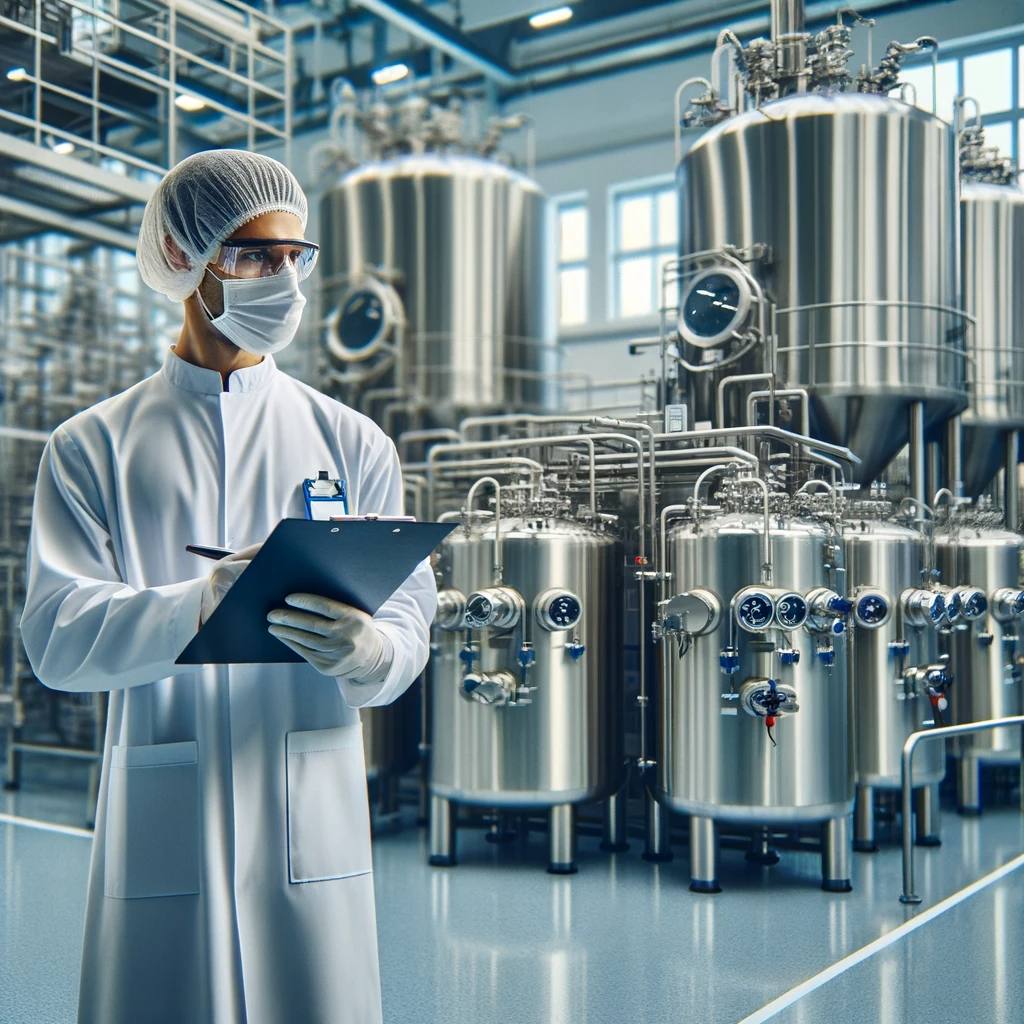
1. Simplification of Requirements for Automatic Shut-Off Valves:
The committee has introduced substantial changes to the durability performance test for automatic shut-off valves, aimed at elevating industry standards and fortifying safety protocols. A new safety standard, grounded in product characteristics, replaces the previous practice of overly applying durability performance confirmation through cycling repetitions (250,000 times). Importantly, valves deemed unlikely to cause hazardous situations during malfunction or impaired function are now exempt from the durability test. This represents a departure from the previous requirement, allowing for a more nuanced evaluation based on valve characteristics.
2. Relaxation of Hydrogen Quality Standards for Electrolysis Facilities:
Considering South Korea’s recent 10-year average lowest temperature of -11.6°C and the operational pressure in current commercial water electrolysis equipment, the committee has proposed a relaxation of restrictions on moisture concentration. Water electrolysis facilities with a rated hydrogen production pressure of 5 MPa or less are now permitted to relax the water limit to 50 μg/g (50 ppm). This adjustment accounts for real-world operational dynamics and ensures a balanced approach to hydrogen quality standards.
3. Clarification of Corrosion Performance Testing of Metallic Materials:
The committee aims to streamline standards for the exemption of corrosion resistance testing when utilizing corrosion-resistant materials. This involves a reflection of omitted conditions and acceptance criteria from specific corrosion resistance tests, including spray time with saline solution. The proposed changes seek to provide greater clarity in assessing the corrosion performance of metallic materials.
The changes are relevant for KGS Certification for South Korea.
Feel free to contact us any time if you need assistance or have any questions regarding Korean certifications like KC, KC EMC, KCs, KCs for explosion safety products or KGS factory registration.
Tel. Europe: +49-69-271 37 69 261
Tel. US: +1 773 654-2673
Email: info@korea-certification.com
For more information you can download our free brochure “Korea Certification Made Easy – The Booklet“.
LG Chem, LX Hausys Create Battery Thermal Runaway Delay Material
Recognizing that thermal runaway represents a significant obstacle to the widespread adoption of electric vehicles, LG Chem Ltd., in collaboration with its spinoff company LX Hausys Ltd., has unveiled an innovative material designed to mitigate the thermal runaway risk associated with electric vehicle (EV) batteries. This development, announced by LG Group’s petrochemical unit, represents a notable advancement over their previous product released the prior year. Components and equipment involved in the production of batteries usually require KC Certification in order to be approved for the Korean market.
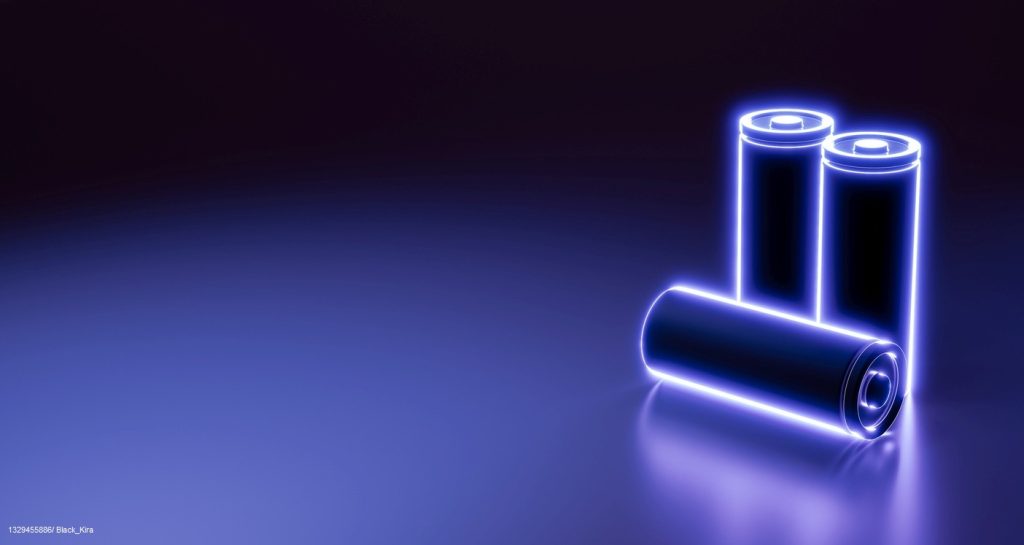
The novel material, called “special flame retardant continuous fiber thermoplastic,” is characterized by its minimal deformation when subjected to force, as detailed by LG Chem. The material also achieves the highest industry level of flame-retardant properties. It finds practical application in both the upper and lower enclosures of sizeable battery packs, effectively slowing the propagation of flames in the event of a fire, as stated by the company.
In the preceding year, LG Chem had successfully engineered super flame barrier materials and implemented a mass production system. These materials play a pivotal role as components within EV battery modules.
LG Chem anticipates that this cutting-edge material will contribute to the broader acceptance and popularity of electric cars.
Feel free to contact us any time if you need assistance or have any questions regarding Korean certifications like KC, KC EMC, KCs, KCs for explosion safety products or KGS factory registration.
Tel. Europe: +49-69-271 37 69 261
Tel. US: +1 773 654-2673
Email: info@korea-certification.com
For more information you can download our free brochure “Korea Certification Made Easy – The Booklet“.
New 5G UAM Antennas in Development by KT
KT Corp., a prominent South Korean company, has recently revealed significant advancements in urban air mobility (UAM) technology. As part of the Korean UAM Grand Challenge’s first phase, the company conducted field verification in Goheung County, South Jeolla Province, focusing on developing a robust 5G network specifically for UAM applications in urban areas. In a related development, KT Corp. announced the successful creation and testing of specialized antennas, vital for establishing an efficient 5G aerial network for UAM. Antennas and related radio technology usually need to KC EMC registration in order to be approved for the Korean market.
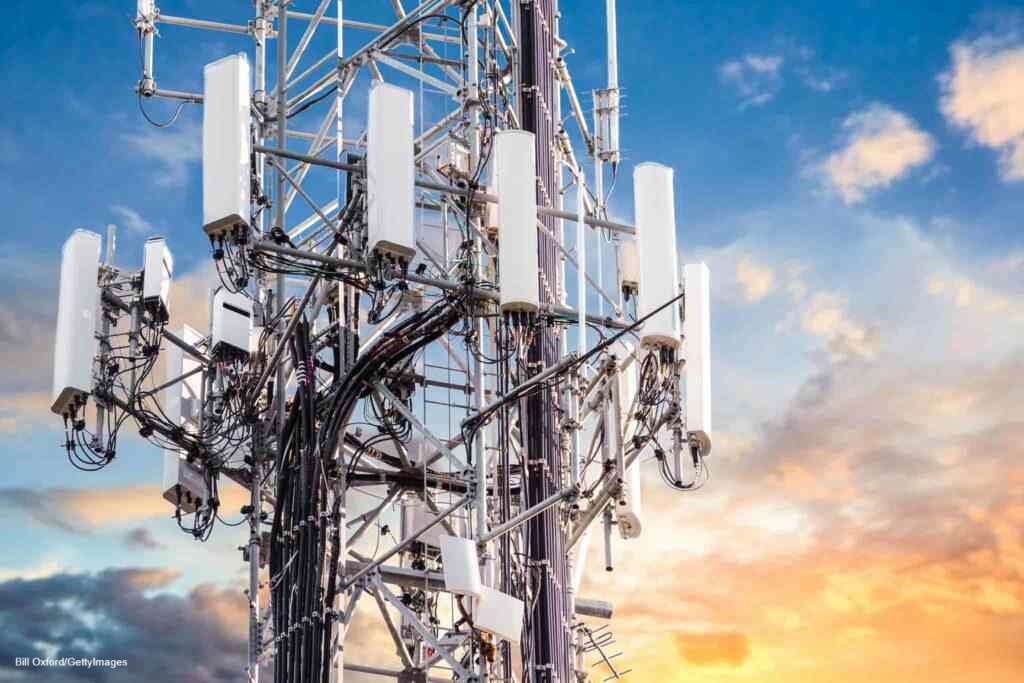
The company’s efforts included implementing artificial intelligence (AI) and standalone 5G technology in UAM control systems and aerial communications networks. This integration is a strategic move towards the full-scale commercialization of UAM technologies. Additionally, KT Corp. has made significant advancements in addressing the challenges of cell handovers and signal interference, by developing patented technology specifically designed to tackle these issues.
The company’s tests confirmed that the beam patterns and performance of the new antennas operate at altitudes ranging up to 600 meters and cover a width of 100 meters. This advancement is poised to reduce the costs associated with network deployment compared to traditional ground antennas.
To validate these antennas’ functionality and the overall communication quality of the aerial network, KT Corp. utilized a mobile integrated control environment. This system enabled real-time assessment and verification, marking a significant milestone in the company’s pursuit of pioneering UAM technologies. This initiative is a part of a broader project to validate and enhance urban air mobility solutions.
Feel free to contact us any time if you need assistance or have any questions regarding Korean certifications like KC, KC EMC, KCs, KCs for explosion safety products or KGS factory registration.
Tel. Europe: +49-69-271 37 69 261
Tel. US: +1 773 654-2673
Email: info@korea-certification.com
For more information you can download our free brochure “Korea Certification Made Easy – The Booklet“.
LG Uplus partners with Hyundai to build Building Network for Robots
LG Uplus Corp. of South Korea has collaborated with Hyundai Motor Co. and Kia Robotics Lab to create a pioneering communications infrastructure ecosystem in a building designed to accommodate robots. The partnership, formalized through a deal with Hyundai Motor Group, aims to establish a comprehensive hub for robot-friendly building solutions, including bespoke communication services tailored to various robotic applications. Equipment and components used for robotics production usually need KCs Certification, also known as KOSHA Certification, in order to be approved for import and use in Korea.
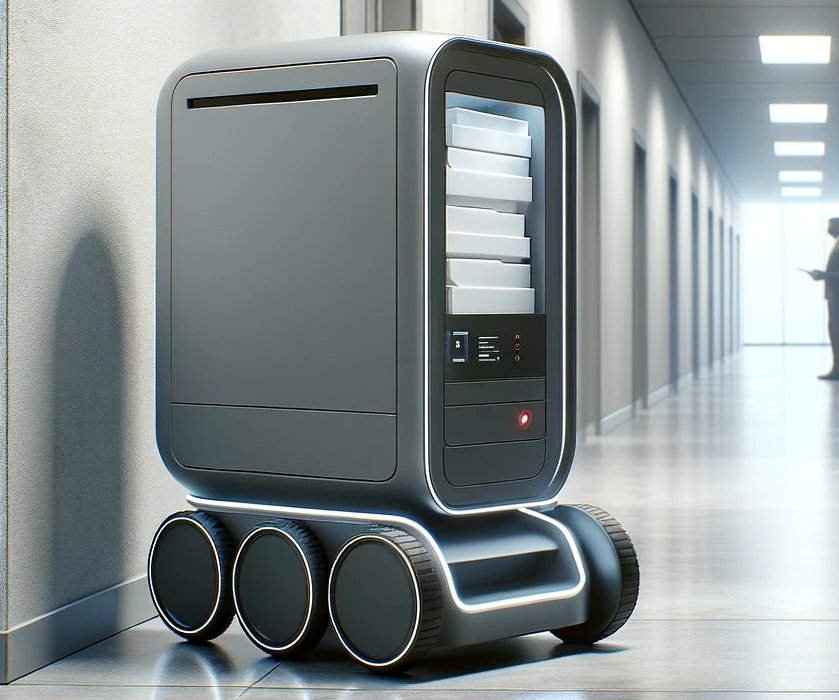
The initiative includes the development of communication standards and certification systems specifically for buildings optimized for use of robots. LG Uplus’s role in this venture extends to setting communication rates and crafting unique products for an array of service robots. The company focuses on constructing a robust communications network, capable of remote control operations which will enable electric vehicles to autonomously park and charge, while robots facilitate package delivery within office spaces.
A key feature of this advanced environment is to ensure seamless the connectivity across different floors, a crucial feature for the efficient functioning of service robots.
This project is a proactive step towards preparing for the widespread integration of robots into everyday life, with a keen emphasis on establishing essential communication protocols and certification processes for buildings optimized for robotic use.
Feel free to contact us any time if you need assistance or have any questions regarding Korean certifications like KC, KC EMC, KOSHA, KCs for explosion safety products or KGS factory registration.
Tel. Europe: +49-69-271 37 69 261
Tel. US: +1 773 654-2673
Email: info@korea-certification.com For more information you can download our free brochure “Korea Certification Made Easy – The Booklet



